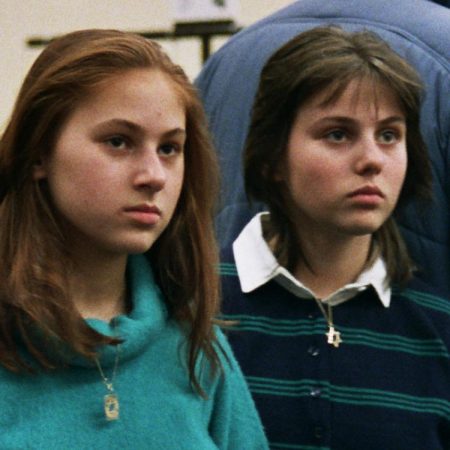

László subsequently hypothesized that if he took the right approach to child-rearing, he could turn "any healthy newborn" into a genius provided that his educational experiments began before the child’s third birthday and provided that the child began to specialize in a domain by the age of six. After studying intelligence as a university student László concluded that the life stories of geniuses were all the same, “…they all started at a very young age and studied (a subject) intensively.”Īdditionally, he observed a discernible pattern - a parent singularly focused on the child’s success. László was a Hungarian educational psychologist who had a longstanding belief that “Genius was made and not born”. Over 20 years ago I learned of a book called “Nevelj zsenit!” (Bring Up Genius!) by László Polgár. They seem to think that excellence is only open to others, not themselves." - László Polgár as told to Matthew Syed in Bounce: Mozart, Federer, Picasso, Beckham, and the Science of Success "Children have extraordinary potential, and it is up to society to unlock it … The problem is that people, for some reason, do not want to believe it.


 0 kommentar(er)
0 kommentar(er)
